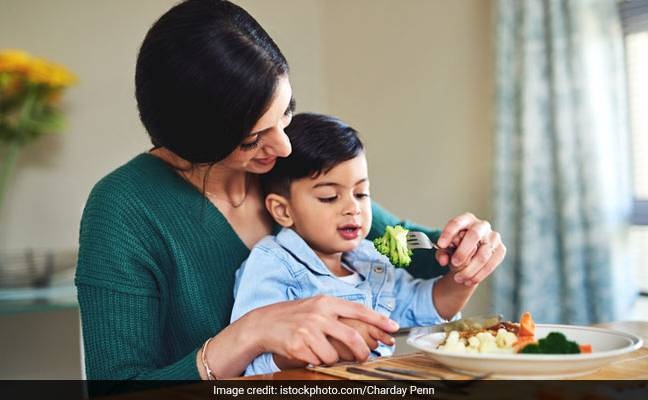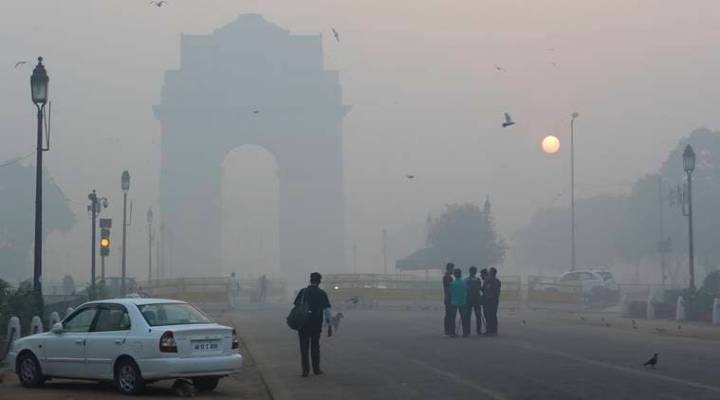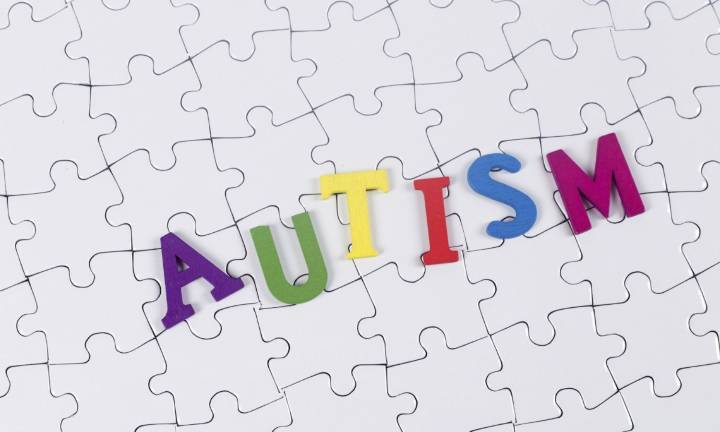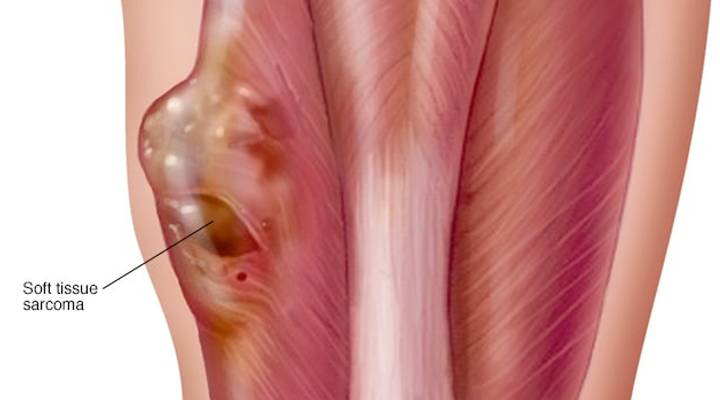Precautions to be taken during monsoons
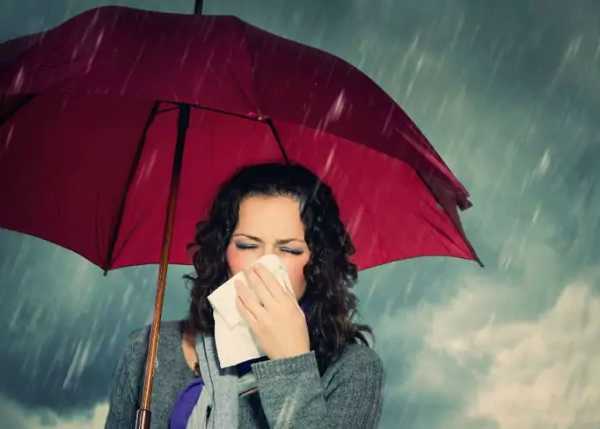
Monsoon season has just begun in India. Though it will give us respite from the scorching heat, it also brings with it a lot of health issues like -running nose, itching eyes, conjunctivitis, fever, stomach flu, indigestion, sore throat, skin allergies and females face issues like urinary tract infections, vaginal fungal infections et al. During this season, we should be taking extra care of our diet so as to keep a check on the various illnesses. Following are certain precautions to be taken during the monsoon season.
1. Stay hydrated
During the Monsoon season, people often face the problem of dehydration as they tend to drink less water. This problem mostly goes unnoticed. The symptoms of dehydration include – mild headaches, irritation, mood swings, acid reflux, and muscular cramps. The intake of fluids should be >3L/day to keep yourself well hydrated. You can add sweeteners and glucose in the water if drinking plain water is difficult. You should add soup, juices, buttermilk in your diet to keep your body hydrated.
2. Eat a healthy balanced diet
You should try to eat fresh home cooked food during the monsoon season. Soybean, red beans, chickpeas, milk & its products i.e., paneer, curd, and cheese can be consumed during monsoon. Don’t eliminate carbohydrates from your diet as it plays an important role in body metabolism. Its deficiency can lead to life threating diseases. During monsoon, carbohydrates should be consumed in different ways, avoid more gluten in your diet, you can go for complex carbohydrates like cereals which have high fiber content can be consumed in moderation. Having multigrain atta, oats, cornflakes and riceflakes, and consuming fermented dishes can help in overcoming indigestion in monsoon.
3. Avoid fried food
You should avoid taking deep-fried foods as it can aggravate acid reflux in those who have acidity problems. The consumption of nuts and seeds is advisable over butter and ghee.
4. Add micro nutrients to your diet
Lack of micronutrients can lead to stomach flu, infections, and dehydration. Zinc and Vitamin C should be consumed to avoid stomach infections, VitaminB complexes should be taken to avoid muscle cramps and mouth ulcers, and Calcium and Vitamin A should be included in the diet to avoid infections. Sources of these micronutrients are- papaya, guavas, green chilies, lemons, mangoes, coconut water, muskmelon, pumpkins, bottle gourd, chaulai, arabi leaves. All seasonal vegetables and fruits should be consumed daily twice a day.
5. Consume sugar in moderation
Sugars should be included in the diet in moderation of 30-40gms/day to avoid dehydration during the monsoon season. One should completely avoid the consumption of sugar only on the advice of a medical practitioner or dietician.


